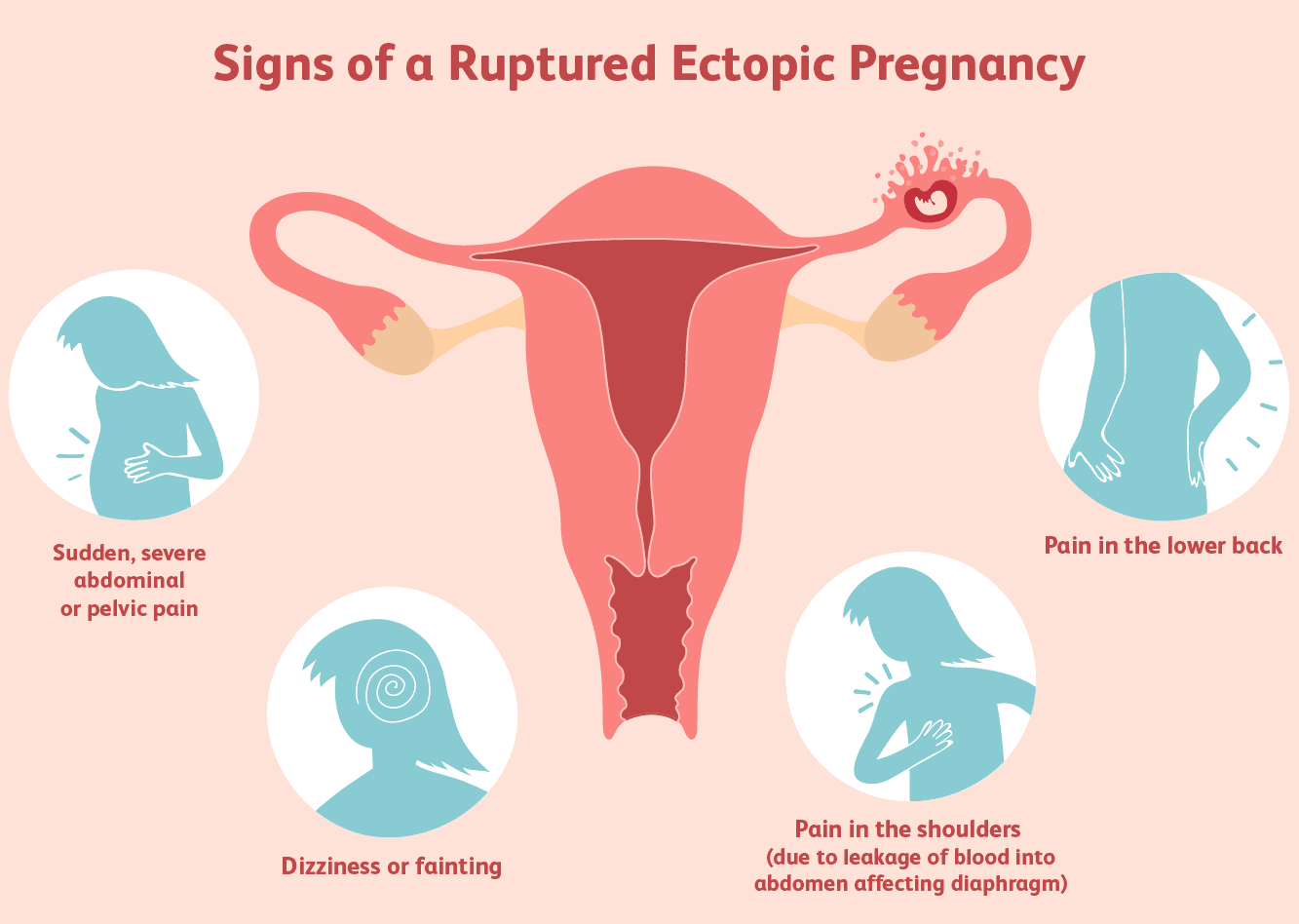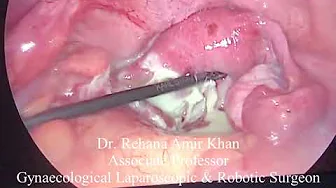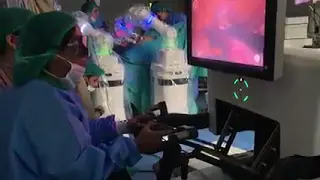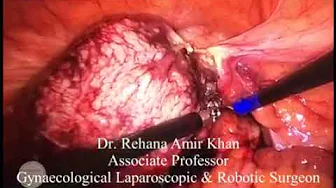Ectopic Pregnancy
ECTOPIC PREGNANCY
Make a call and get emergency medical help
If you have any unusual signs or symptoms during early pregnancy, such as bleeding or abdominal pain.

We are the expert Gynecologist in Lahore, always ready to provide world-class treatment to our patients.
What is Ectopic pregnancy?
An ectopic pregnancy occurs when the egg fertilizes outside the uterus, usually in the fallopian tubes. Ectopic pregnancy is a rare but severe condition that requires treatment. However, normal pregnancy develops in the uterus after the fertilized egg passes through the fallopian tube and attaches to the uterus lining. An ectopic pregnancy occurs when a fertilized egg attaches to another part of your body, such as the ovaries, abdominal cavity, or the lower part of the uterus (cervix) that connects to the vagina; that’s why it is sometimes called a "tubal pregnancy."
Remember that ectopic pregnancy can also occur in other parts of your ovaries or uterus.
ECTOPIC PREGNANCY
Severe Condition in Ectopic Pregnancy is Ruptured Ectopic Pregnancy
This condition is rare, occurring in about 2 in 100 pregnancies. But it is hazardous if not treated. If the increased pregnancy extends far into the fallopian tube, the fallopian tube may rupture; this is sometimes called a ruptured ectopic pregnancy. This can lead to internal bleeding, inflammation, and in some cases, death.
An ectopic pregnancy does not usually work. Fertilized eggs do not survive; the growing tissue can cause life-threatening bleeding if left untreated.
Symptoms of Ectopic Pregnancy
You may not notice any symptoms at first. However, some women experience the usual early pregnancy signs or symptoms: lack of menstruation, breast tenderness, and nausea.
If you take a pregnancy test, the result will be positive, but an ectopic pregnancy does not proceed normally. Some symptoms are
Risk for an Ectopic Pregnancy
You don't always know the cause of an ectopic pregnancy. However, some factors that increase the likelihood of an ectopic pregnancy are
Prevention
There is no way to prevent an ectopic pregnancy, but here are some ways to reduce your risk:
ECTOPIC PREGNANCY
Treatment for Ectopic Pregnancy
Unfortunately the fetus (the developing fetus) cannot be preserved in an ectopic pregnancy. Treatment is usually needed to eliminate the pregnancy before it gets too big. Each of these options has advantages and disadvantages that our doctor will discuss with you. With our excellent team, we have three main treatment options, which are:
Anticipatory Management:
Our doctors will carefully monitor your condition to see if treatment is required. If you are asymptomatic or have mild symptoms, and the pregnancy is too tiny or undetectable, you may only need to monitor closely, as the pregnancy is more likely to clear up on its own. This is called an anticipatory measure.
The following situations may occur:
The main advantage of monitoring is that you will not experience any side effects of the treatment.
One downside is that the risk of one of the fallopian tube openings (rupturing) is still tiny, and you may eventually need treatment.
Medication
A drug or medication called methotrexate is used to stop the pregnancy from growing. If an ectopic pregnancy is diagnosed early but not effectively managed, treatment with a drug called methotrexate may be recommended.
This works by stopping the growth of the pregnancy. You will not need to be hospitalized after treatment, but you will have regular blood tests to check if the treatment works.
You must use reliable birth control for at least three months after treatment. Medication is not suitable for your fetus if you conceive again.
It's also essential to avoid alcohol until you've been told it's safe because drinking alcohol soon after taking a drug can damage your liver.
Other side effects of the medication include:
It is also possible for the fallopian tubes to rupture after treatment. If you think this has happened, we will guide you on what to look for and what to do. However, you may need a second dose and surgery become mandatory if it doesn't work.
Laparoscopic Surgery for Ectopic Pregnancy
Surgery is used to remove the pregnancy, usually on an affected fallopian tube.
They will recommend the option they think is best for you based on factors such as symptoms, fetal size, and levels of pregnancy hormones (human chorionic gonadotropin, or HCG) in your blood. In most cases, minimally invasive surgery (laparoscopy) is done to remove the pregnancy before it gets too large.
During laparoscopy:
Our doctor will discuss this with you beforehand according to your condition of ectopic pregnancy that what is best for you. Most women are discharged from the hospital within 24 hours after surgery, but full recovery may take 4 to 6 weeks. If the fallopian tubes have ruptured, you will need emergency surgery.
Laparoscopic surgery vs open surgery maintains your chance of future pregnancy and avoids fibrosis and adhesions associated with open surgery leading to future subfertility. After any surgery, if you are rhesus negative, you will receive a treatment called anti-D prophylaxis. This includes injections of a drug that helps prevent rhesus disease in future pregnancies.
Please schedule an appointment today with our expert surgeons of Ectopic Pregnancy.
With years of experience as a Laparoscopic Gynecological surgeon in Lahore, we have successfully treated thousands of patients who are now enjoying their lives with their loved ones.




